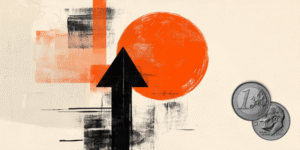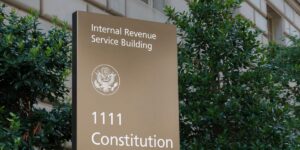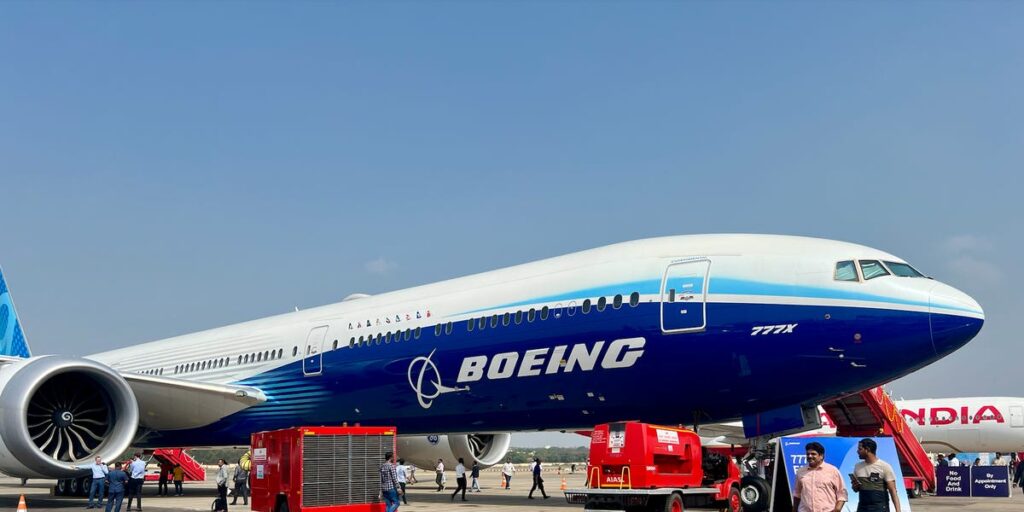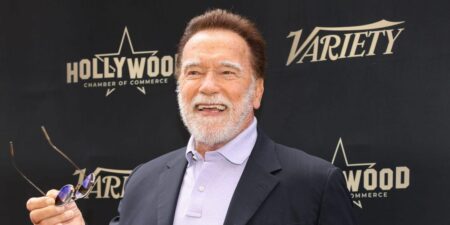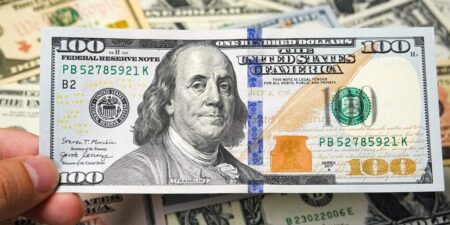A judge who had sided with Boeing in a critical 2024 ruling was cut from the case after he disclosed that he traded company stocks. A recent appeals court ruling also puts a $72 million verdict against the aerospace giant — which was previously overturned — back on the table.
Business Insider reported in 2024 that Judge James Robart had disclosed Boeing stock trades while Zunum Aero’s case against Boeing was unfolding before him.
He said the bank managing his wife’s retirement account made the trades and that they didn’t affect his judgment. He later filed a disclosure statement in the court record. The appeals court said that wasn’t enough.
“This delayed disclosure, taken together with the district court’s consistent rulings in Boeing’s favor during and after trial, could give an objective observer reason to question the district judge’s impartiality in further proceedings,” said the decision, which was posted Thursday by the US Court of Appeals for the Ninth Circuit.
Judicial ethics experts interviewed by Business Insider in 2024 characterized Robart’s trades and delayed disclosure to the parties as a minor issue.
Zunum has been largely dormant since running out of money in 2019, which it blamed on Boeing stringing it along and sabotaging its efforts to obtain cash from other sources. Zunum had been developing a small hybrid-electric passenger plane that it planned to release in 2022 and had planned to scale up to make and sell larger planes through 2030, it said in its lawsuit.
Jurors concluded last year that Boeing and its affiliate HorizonX had damaged Zunum by misappropriating its trade secrets and awarded $72 million. Based on previous filings that Zunum had broken agreements with HorizonX, the court also imposed a judgment for $9 million plus interest against Zunum. That part of the decision survived Robart’s ruling to void the $72 million verdict in favor of Zunum.
The appeals judges said Robart had overlooked “substantial” evidence of Boeing’s wrongdoing and Zunum’s damages that the jury could have relied on. They said he had “impermissibly reweighed the evidence and failed to make all reasonable inferences in Zunum’s favor.”
Over the course of the past year, the two sides have been arguing in Robart’s court about whether Zunum should have to sell its intellectual property to pay HorizonX.
Zunum said its patents are hard to value and feared they would be sold at “fire sale” prices. The company also said it has racked up about $27 million in legal fees, payable if it wins. Until its verdict was voided, its legal team at Holwell Shuster & Goldberg had argued that Boeing should be made to pay over $160 million because jurors found the aerospace giant’s trade-secret theft had been “willful.”
Representatives for Zunum and Boeing didn’t immediately reply to requests for comment. A clerk for Robart said he declined to comment.
Read the full article here


